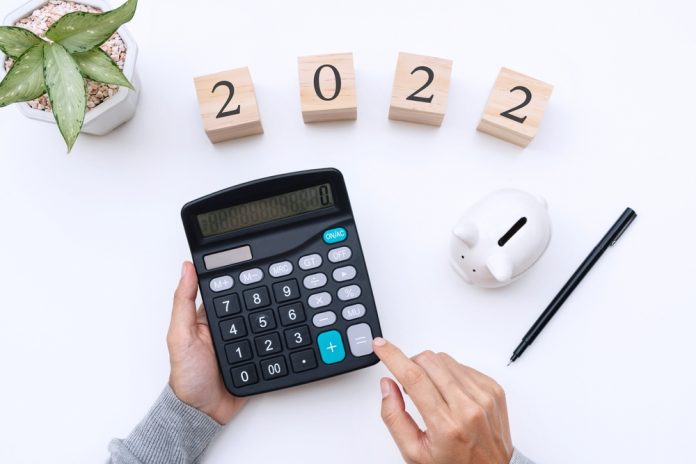Now is the time to start planning for the year ending June 30, 2022, and a catch-up session with your accountant is always recommended to be across everything.
Four areas to keep an eye on for the 2022 year as discussed by the Tax office are:
Work-related expenses:
This especially concerns home office claims. This category is predicted to skyrocket for claims made by individual taxpayers in their 2022 income tax returns.
Rental income and deductions:
The ATO wants to make sure taxpayers have the correct records for any rental property expenses after it noticed an increase across the board in rental property expense claims.
Cryptocurrency:
In May 2021, the ATO released a media statement to say it will be reviewing this area closely.
The ATO has been asking individuals and businesses to look back at their previously lodged returns. This will continue to be in the spotlight.
Of particular note would be the way Australians invest – and deduct – costs associated with cryptocurrency.
If Australians disposed of an asset, such as property, shares, cryptocurrency or even a non-fungible token (NFT), they will need to calculate a capital gain or capital loss and record it in their return.
Employer Obligation audits and reviews (PAYG/SG/FBT):
This is predicted to be the biggest claim category over the next 12 months. The ATO is not going to let this go away and has the means to know who it will be targeting.
Reviewed will be the single touch payroll (STP) reporting from both the 2020-2021 financial year and real time at the end of each quarter in the 2021-2022 financial year.
Pre planning ideas
- Prepay expenses:
If you are a small business entity with an aggregated turnover of less than $50m (and cash flow allows), consider prepaying expenses for up to a maximum of 12 months to bring forward deductions.
2. Stocktake:
Advantages of stocktake also include improving cashflow, detecting gaps and theft and is a great time to review pricing strategies. You must account for the value of your trading stock at the end of each income year (closing stock) and at the start of the next income year (opening stock). Performing an accurate stocktake at end of financial year will ensure you account for any stock loss, damaged or obsolete items to ensure you aren’t paying too much tax.
3. Consider buying an asset for Instant Asset Write-Off:
The Instant Asset Write-Off (or Temporary Full Expensing rules) ends on 30 June 2023. For the current financial year you can still take advantage of the instant asset write off allowing eligible business to claim a full tax deduction for eligible assets acquired.
Other strategies:
- Consider deferring income until after 30 June if possible, giving consideration to cashflow implications.
- Ensure any bad debts that wont be collected are written off before 30 June.
- Pay your employer super contributions on behalf of your employees before 30 June to obtain a tax deduction in the current year
- Laws also permit taxpayers to bring forward their previously unused concessional contribution cap from prior years, allowing a larger one of contribution. This can be an effective way of reducing tax in a year when your income is higher.
Katrina Brennan is the Principal at SRJ Walker Wayland – Business Growth advisors, accountants & auditors based in the Moreton Bay, Brisbane & Sunshine Coast regions.






